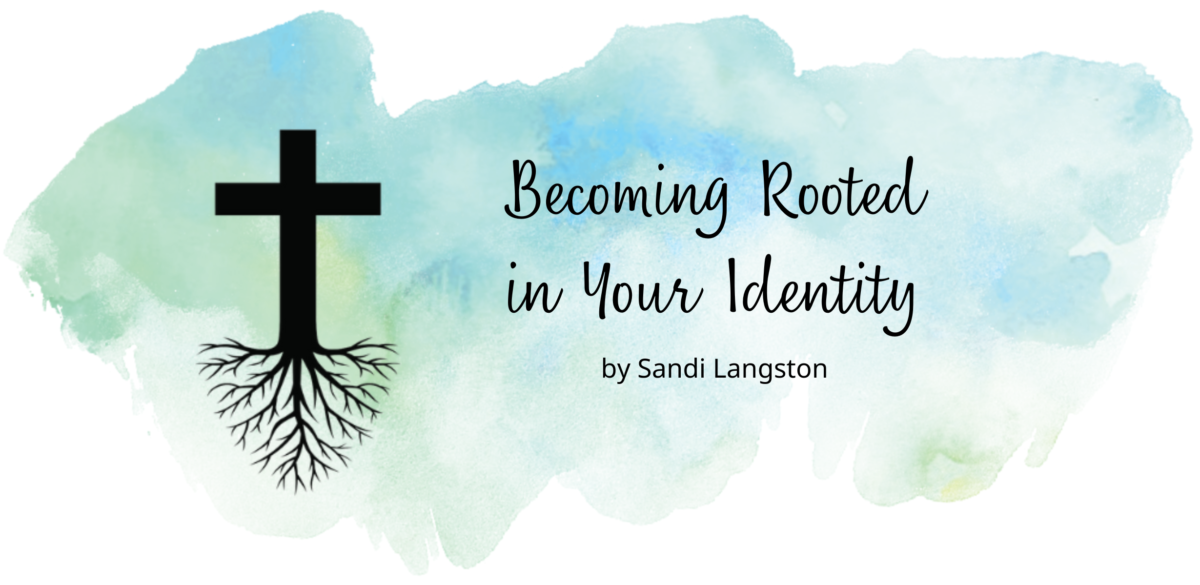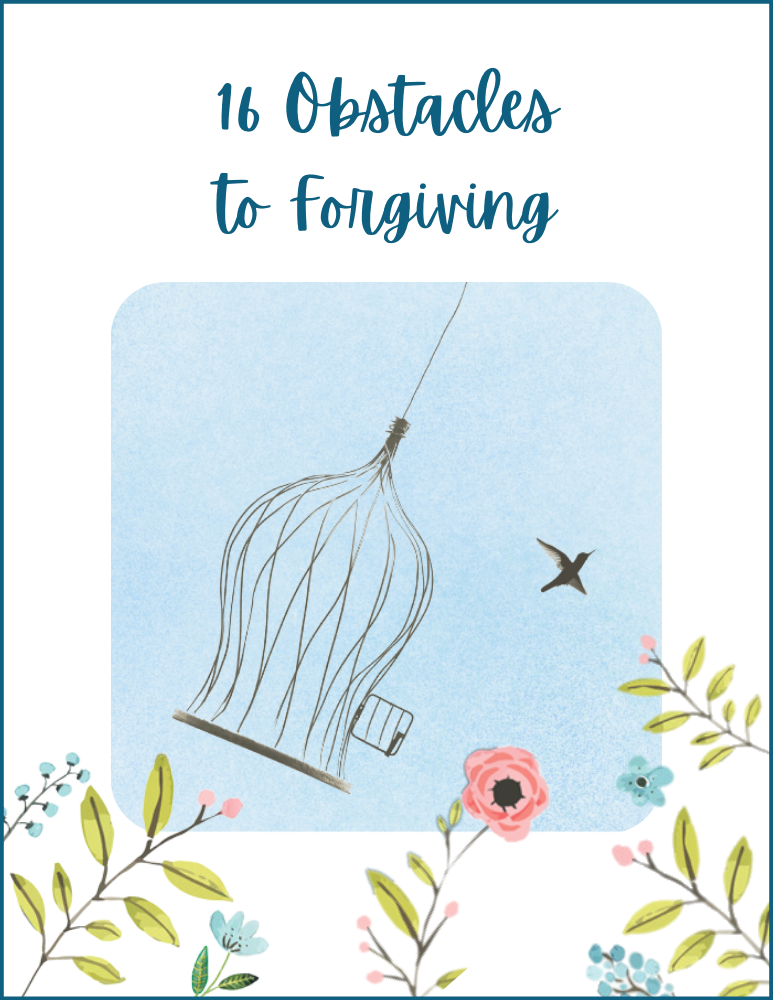The fresh snow outside is still takes me aback each time I see it. It is a tangible reminder of the change of seasons. Like natural seasons, humans experience personal changes of seasons in our lives. Broader than developing life-stages and often less predictable, personal seasons affect our physical and emotional capacities. They can sometimes be tricky to discern. The danger is expecting the same performance from ourselves over different personal seasons.
Examples of seasons that diminish our capacities are:
- Illness or physical trauma – illness, accidents, surgery, recovery periods, medication side effects
- Caregiving – for newborns, young children, elderly, or ill,
- Mental Illness – including depression and anxiety
- Grief – loss of loved ones or a pet, dreams, a job, physical belongings, changing circumstances
- Extreme tiredness – whether caused by physiology or circumstances
Some personal seasons are obvious to discern. We don’t expect the person with a broken leg to run a marathon. Yet many of us find it hard to adjust our expectations when we are going through a season of grief or depression. The expectations and “shoulds” that we hold ourselves to become an added burden and they hinder our emotional journey of processing and healing.
I thrive on productivity and achieving. A day that I can check off most of my to-do list or one big project is a good day. But there have been enough frustrating times in my life that I have not been able to perform at the same level. Either I had to acknowledge my change in capacity or remain frustrated by no-longer-achievable expectations.
When our first child was born, I experienced the joy and amazement most parents do, but I was up at all hours of the night, focused almost solely on the little bundle of life that I was slowly learning how to care for. I had much less capacity for making dinners and getting my own needs cared for, let alone engaging in deep conversations, playing boardgames, or working as I had done just weeks before.
If we can understand how our current season affects our capacity, we can adjust our expectations accordingly and make the most of the season we are in without unnecessary frustration and disappointment.
- Discern and accept your current season
What has happened in your life recently? Have there been big changes (even good and exciting ones)? It is normal for most people to grieve the loss of their single and independent lives when they get married, or to grieve the loss of free time with the arrival of a new baby. What is the reality of your current situation?
Usually we cannot change our current season, so we must accept it. We must avoid wishing we were in another season or comparing our season to others’. Simple acceptance of where we are at is empowering, for we can only make changes in the seasons we take ownership of. Perhaps it wasn’t supposed to be this way, but it is what it is. It won’t be this way forever.
Sometimes we find ourselves in a boat in the middle of a storm. We must ask ourselves whether we are more like Jonah or the disciples. Jonah found himself in that tumultuous situation because he had been directly disobedient to God. Only repentance and obedience relieved him from his predicament (Jonah 1-2). The disciples also found themselves in a boat during a storm, but Jesus was with them and there was grace for them to endure the situation (Matthew 8:23-27).
- Assess your expectations
It may be realistic to work an 80-hour week while caring for three young children and an elderly relative and training for the Olympics – if you are Superwoman! Or if you have 50 hours in a day!
Every now and then, especially with the change of personal seasons, we need to reassess what responsibilities are on our plate. We need to ask God what His expectations are for us and realise that that is enough! Being president of the local book club may have been an awesome opportunity for a time, but is it still something that God wants you to keep on your plate for this new season?
Lose the “shoulds.” They only increase guilt. What are the new and realistic expectations we would like to set for ourselves? Sometimes we must get rid of good things so we can invest our time and energy into the best. Other times God isn’t asking us to step away from any responsibilities, but He increases our capacity. Keep seeking Him to discern what He is asking of you in each season. You only need to do your best given your current capacity and resources.
- Cultivate gratitude in each season
The grass isn’t greener on the other side; it’s “greener where you water it,” says Neil Barringham. Practising gratitude is a way of watering the grass on our side of the fence. If we are so focused on the negatives of our current season, we take our “grass” for granted and neglect to water it. Soon enough, our grass dries out and nothing grows.
Gratitude is something that is cultivated. It must be worked at intentionally. Soon enough we are harvesting joy and contentment. The more we practice gratitude (even in the difficult and unwanted seasons) the easier it becomes. Of course, there are costs to grieve in different seasons, and that work is important. What we don’t want to do is magnify the negatives at the expense of gratitude. What are you grateful for in your current season?
- Be aware of loyalty and fear of displeasing people
The main thing that hinders me from adjusting my responsibilities according to my capacity is my loyalty towards people (or programs) and my fear of displeasing people. It’s a strength: once I am committed, I am committed for good. But it’s also a weakness: I may not be open to letting go when God says I need to.
I have learned that I need to be vulnerable and honest. There are graceful ways of pulling out of responsibilities. “I have really enjoyed being on the board all these years, but I am noticing that I no longer seem to have the capacity to carry my responsibility with the attention it deserves.” “I never thought I would only be part of this team for a couple months, but I underestimated the amount of time and energy it would take to complete my research project and that is what I need to focus on at present.”
Sometimes I hand my accidentally-over-booked schedule to God and He sorts it out. Out of the blue I’ll get a cancellation and be able to take a nap or catch up on paperwork or housekeeping. Other times He asks me to be humble and admit that I have over-committed myself. The key is listening to Him and paying attention to what He is prioritising.
- Remember you are not alone
There is a special kind of grace for each season we go through. When I think about the number of times my parents had to rush us children to the hospital, I shudder because I can’t imagine how I will cope when I have to rush my own children in. But when my daughter was 8 months old, she broke her leg, I rode with her in the ambulance, and I had peace all the way because of the reality of God’s supernatural grace in that moment. She is fine now. Only the photos of her bright pink cast remind us of that event – as well as how God carried us through.
God is very clear in the Word that He will never leave us. Whether your current season resembles a dark valley, a mountaintop, or the steep climb in-between, God is with you. Whether He is your sole source of comfort or the recipient of your joy-filled praises, He will not leave you. He knows your capacity. He knows your disappointments and desires. He is with you for the long haul. You can tell Him everything.
Our responsibility is to adapt to the seasons in which we find ourselves with humble acceptance and trust. To use another analogy, we may not have a choice in the land we are given, but we can learn what grows there and how to cultivate those things. What changes do you need to make in your expectations and attitude, given your current season?




